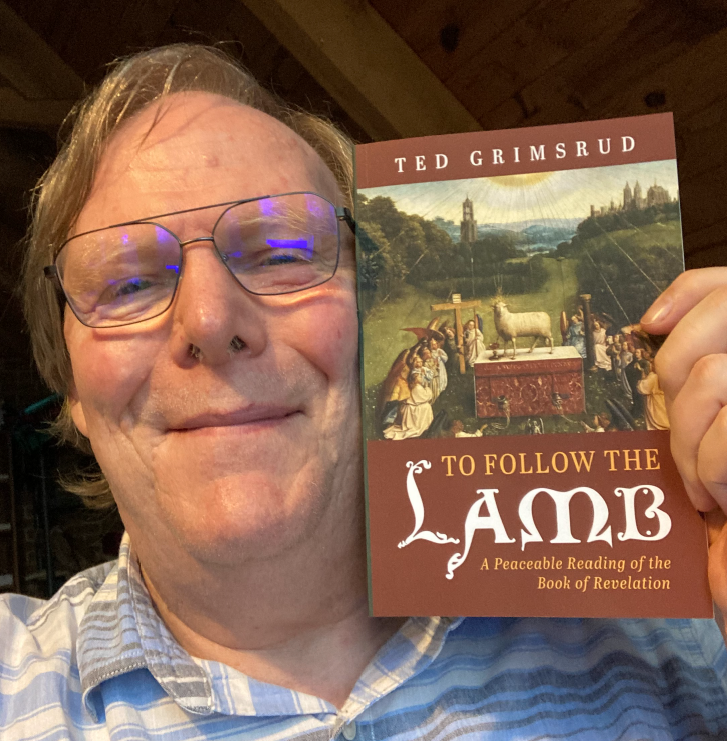Since last Monday I have been focusing my energy on teaching and on writing a paper on expressivism and relativism that I want to submit to a graduate student conference (the deadline is Monday the 15th).
My argument in the paper is this:
V. Why Expressivism Must Either Relativize or Deny Moral Truth
1. A nonrelativistic account of the truth and falsity of moral judgments must admit nonrelativistic standards of value. **
2. Expressivism does not admit normative facts in any 'robust' objective sense.
3. Any metaethical view that admits nonrelativistic standards of value must admit normative facts in a sense rejected by expressivism. **
4. Hence, expressivism does not admit nonrelativistic standards of value.
5. Hence, expressivism is not a nonrelativistic account of the truth and falisty of moral judgments.
6. Hence, expressivism is either a relativistic account of the truth and falisty of moral judgments, or else it is not an account of the truth and falsity of moral judgments at all.
** points of contention (where I have my work cut out for me)
Conclusion: To the extent that the expressivists' reasons for rejecting ethical relativism and any metaethical account that does not account for the truth and falsity of moral judgments are accepted, expressivism itself ought to be rejected.)
This is an exercise for me in writing for a deadline, and trying to stay focused on a narrow argument. I need to stay out of tangential issues and additional arguments that I am also developing for my thesis.
I have been worrying a little bit today about all of this. About finishing this paper by Monday, about having enough for my thesis to be done "on time" (my new deadline being the end of this school year), about employment for next semester, about my academic career...
I'm hungry right now and I need a break.
I have also been tutoring at TMC. I've spent the last three weeks reading with a fourth-grader. That's rather fun. He's an easy kid to work with.
Love & Peace!
------
"He Himself is our Peace." (Eph 2)
Wednesday, October 10, 2007
What I'm Up to This Week
Subscribe to:
Post Comments (Atom)







2 comments:
Again, it was good to see you guys this weekend.
Concerning your argument (I may be stating some obvious things here), I think part of the issue lies in determining what exactly is meant by relativism. The expressivist is able to avoid the charge because she can say that she doesn't hold that moral statements have any truth value, let alone a truth value dependent on certain situations. So, the key to pressing the point home is to come up with a better definition of relativism; intuitively at least it seems to cover a broader basis than simply truth-claims, though I may be having trouble thinking of what language would be like that did not admit of such claims. The problem may also be that the expressivist is dodging the question of truth-claims but then giving a phenomenal description of exactly what we do when making truth claims, at which point one wonders what the difference is supposed to be.
I think that maybe the debate is showing the limitations of the fact-value distinction. I'm not sure what to replace it with, but it seems that whatever there is involves a union of the two, which is uniting precisely in a field such as ethics and in everyday praxis.
You're right--if my argument will fly then I have to define relativism in a way that is broader than relativist constructivism, since expressivism rejects all descriptivist views. I want to define relativism as any view of moral truth that does not employ nonrelativistic truth conditions. As usual, however, I am worried about begging the question.
I think the expressivist would deny that moral statements do not have truth value. But I think part of the problem here is with the expressivist's distinction between a descriptivist, morally detached standpoint of the metaethicist on the one hand and an expressivist, morally engaged statement of the moralizer. Blackburn talks about an "anatomical project" and "moralizing" as distinct activities/projects. It is the engaged moralizer who says moral judgments have truth value and the expressivist metaethicist who says they do not. Expressivists jump back and forth whenever it suits them, it seems.
I think I can challenge the division of descriptivist metaethics and expressivist first-order ethics. That might help.
I agree that there are problems with maintaining the fact/value distinction. I have thought lately about writing an essay on how factual meaning is intimately involved with evaluative meaning, drawing on William James. Whereas the descriptivist naturalist wants to synthetically reduce evaluative facts to descriptive facts, I want to toy with the idea that we can reduce descriptive facts to evaluative facts (because of the role played by our practical interests/subjectivity in our cognition of the world).
I'm not sure this will make it into my thesis, however. I think it would complicate things too much.
Thanks for commenting!
Post a Comment